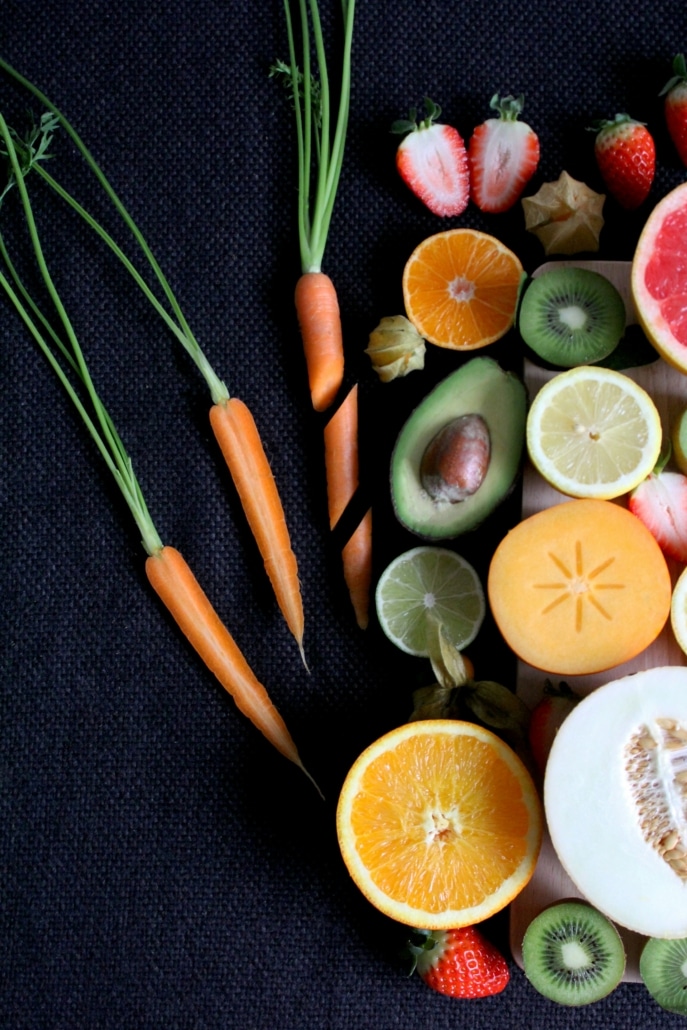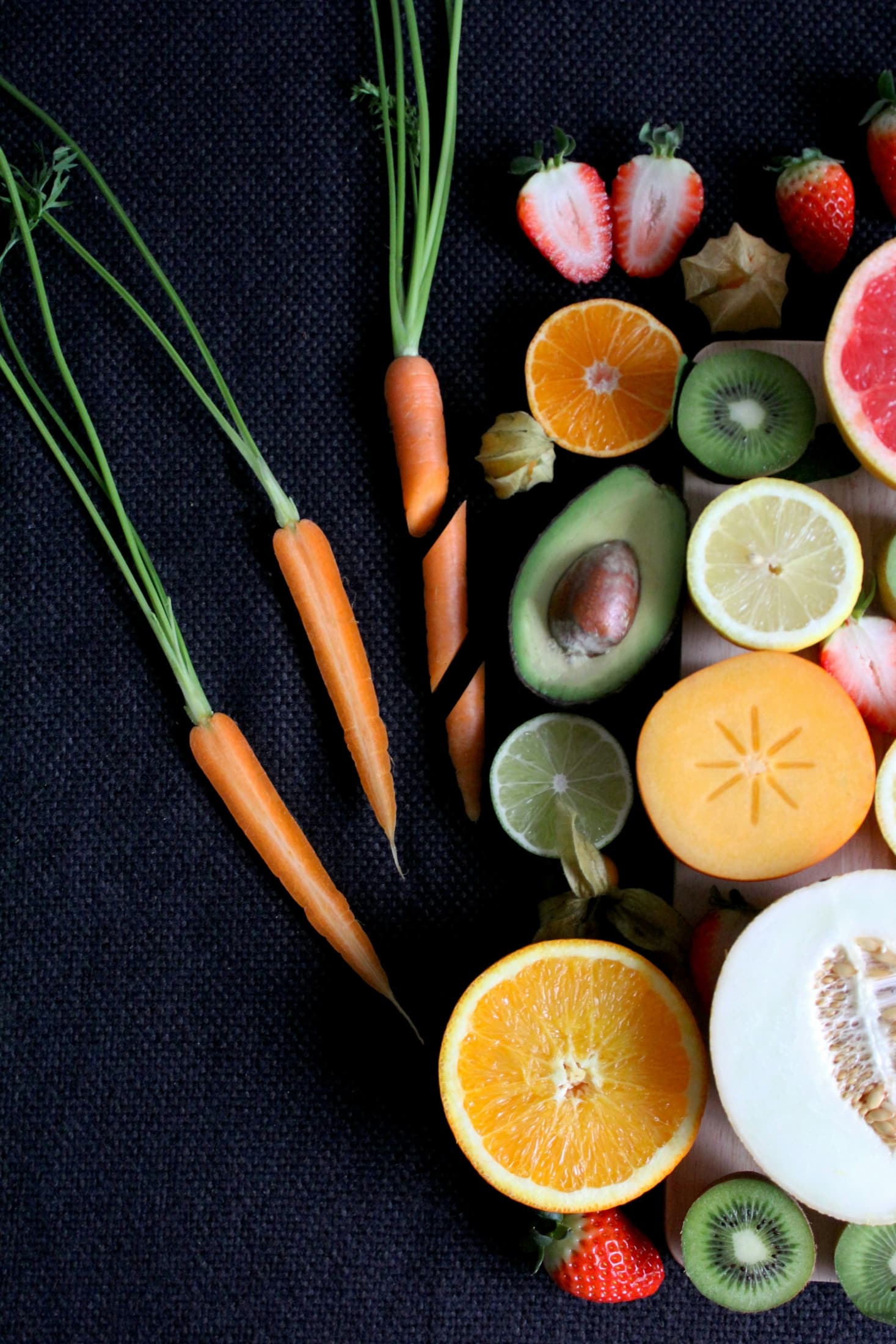Have you ever peered into your pantry, confronted by rows of packaged snacks, microwavable meals, and canned goods, and wondered how it all got to be so… processed?
It’s astonishingly easy to find ourselves leaning on the convenience of processed foods, even when we know they might not be the best fuel for our bodies.
Life gets busy, and sometimes, a quick meal just fits the bill perfectly, doesn’t it? The good news is that making a shift toward less processed foods can be simpler and less daunting than it might seem.
Ready to find out how you can make that change?
Here are seven straightforward strategies to help you minimize processed foods in your diet and take a step towards better health.

1. Understand What Makes Up Processed Foods
Firstly, it’s important to know what processed foods are. These are items that have been altered from their natural state, often for convenience, shelf-life, or taste. They’re typically high in additives, preservatives, and artificial flavors. By learning to identify these, you can start making better choices about what you eat.
2. Read Food Labels
To spot additives in food, start by investigating the ingredient list found on the back of the package. Shorter lists often mean less processing. Watch out for unfamiliar or chemical-sounding names, which are likely additives. Also, pay attention to the nutritional information; high levels of sugars, sodium, and saturated fats can indicate added substances meant to enhance flavor or preservation.
3. Cook Meals at Home
One of the most effective ways to control your intake of processed foods is to cook your meals at home. It allows you to know exactly what’s going into your food. To make home cooking more manageable, try meal planning, batch cooking, and making use of time-saving kitchen appliances.
4. Choose Whole Foods
Choose fresh fruits and vegetables, whole grains, lean meats, fish, beans, and tofu. These foods are less processed and have more of the good stuff your body needs. When you focus on whole foods, you’ll automatically eat less processed stuff.
5. Minimize Convenience Foods
It’s tempting to grab fast food when you’re busy. But, these quick meals often have a lot of processed stuff in them. Try making healthy meals at home that you can put together or heat up fast.
6. Limit Sugary and Salty Snacks
Eating too many sugary and salty snacks is a common mistake. These snacks can be bad for your health and lead to unhealthy eating habits. Try choosing healthier options like nuts, seeds, fresh fruit, and yogurt to snack on instead. These are better for you and don’t have all those extra processed ingredients.
7. Gradual Transition and Moderation
Moving away from processed foods can be a step-by-step process. Begin with small changes and slowly add more fresh foods to what you eat. It’s all about what works best for you; remember, keeping things balanced is important.
Conclusion
Cutting down on processed foods can really boost your health. It’s all about knowing what these foods are, reading labels, cooking more at home, picking whole foods, eating less ready-to-eat meals, and cutting back on sugary and salty snacks. Take it one step at a time for the best results. Remember, every little change helps. Why not start today? And don’t forget to share these handy tips with your friends and family, too!







